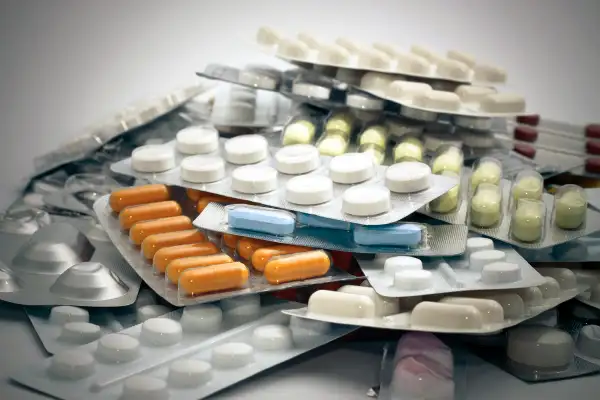Think Health Care is Pricey? Get Ready to Spend Even More

For the past six years Americans have gotten a respite from fast-rising health care costs. No more.
With millions of baby boomers entering retirement and pricey new drugs hitting the market, U.S. health care spending, which had increased at relatively moderate 4% rate since the financial crisis, grew 5.5% last year, according to a new government study reported on Tuesday by The Wall Street Journal.
You can expect more too. The actuaries who calculated the figures, project that spending will average 5.8% between 2014 and 2024. By then, health care as a share of the nation's overall economy will have grown to 19.4% from 17.4% in 2013. In other words, our nation's medical bills will account for one out of every five dollars we spend.
The changes aren't totally unexpected. A big part of the extra costs are tied to the fact that baby boomers -- many now in their 60s -- are requiring more care. Important but expensive new drugs, like one that helps treat Hepatitis C, are also a factor, according the Journal.
Still, the rising costs aren't good news, especially considering a key promise of the Affordable Care Act, which brought access to health insurance to millions of Americans, was to get the growth in health care spending under control, a goal known as "bending the curve."
For people who get their health insurance coverage at work, rising costs are likely to mean a continued push by employers toward high-deductible plans, which can have steep out-of-pocket costs. Read here for more on tools for keeping medical bills under control.
